Back pain can dampen your workout efforts and ability to exercise properly, so why not introduce the “gut smash” into your mobility routine? Granted, it doesn’t exactly sound inviting, but the simple exercise, performed with a ball, can help relieve lower back pain and reduce tension in your psoas (hip flexor muscles) and low back.
Demonstrated by Scott James Bailey, a mobility and functional training coach who runs twstraining, the move “really fixes low back stiffness.” Despite the offputting name, gut smashing involves laying prone (stomach down) on a firm ball (think soccer, medicine, or basketballs as options) and allowing the ball to massage the abdominal muscles and hip flexors. Done safely, the effects can be a game changer.
Below, we reveal the technique in full, plus the benefits of gut smashing and tips to keep your body safe if you choose to try it — it’s not for everyone.
How to “gut smash”
A sentence I never thought I’d write: here’s how to gut smash with proper form:
- Place a firm ball on the ground in front of you
- Lay stomach-down on the ball so that the ball rests against the hips and lower abdominals
- Support your body weight with your hands on the ground
- Slowly massage the ball into the muscles, rolling over the lower stomach and hips with control.
“Make no mistake, I totally recognize that not all back pain is created equal,” Bailey adds. However, in our daily lives, many of us are victims of the effects of prolonged sitting. Plus, if you enjoy sports and weightlifting, the hip flexors can become tight over time.
“The psoas is a massive hip flexor muscle that runs from our lumbar spine down to our femurs and basically controls how we lift our legs up and down…in addition to basically stabilizing our lower body. And a big contributor to back pain,” explains Bailey. “And since we are stuck sitting all day, this muscle can get super tight and weak simply because it isn’t getting any action or even the slightest movement.”
Although movement is medicine, regularly training compound exercises like squats and deadlifts can tighten the hip flexor muscles over time if you neglect mobility and stretching routines. If you tend to get stiff or lift a lot of heavy weights, the hip flexors may need a little TLC.
“Overtime, slowly but surely, this creates a massive muscle imbalance,” says Bailey. “And with that perfect storm, one sneeze or one sudden quick movement and… pow! Back is tweaked!” Spend at least two minutes grinding it out on the ball rolling into the abdomen and hips, to help relieve tension.
“All in all, even though I agree it’s somewhat too good to be true, this exercise works!”
As a trainer myself, I've put aside the static stretching and massage guns over the last week and started adding the gut smash to my routine to relieve tension. Thankfully, I don't suffer from chronic or acute pain, but it's a great muscle tension reliever and helps open my hips while delivering a massage to the muscles in my front body. I'm continuing with it for a few minutes each morning for the foreseeable.
It's also a great way to indirectly target the lower back without foam rolling or drilling a firm massage gun head into the area. The best coaches will tell you never to foam roll or gun directly onto the lower back or spine, but for many people, it might seem like it makes sense to directly apply stimulation to the affected area. This way, you can avoid the lower back while reducing tension in the areas most likely to cause pain.
However, with any type of exercise that claims to fix or prevent, it’s crucial to remind you that pain is an incredibly unique and personal experience. While gut smashing can relieve lower back pain, beginners should use a softer ball and build up slowly.
Even a slightly deflated one helps, using your inhale and exhale to push into the ball then relax. If you’re pre or post-natal, working with an injury, or are new to exercise, clear any corrective movements with your physician first and stop if you experience sharp or prolonged pain. For some, this may be off the table altogether.
More from Tom's Guide
- Forget regular push-ups — try banded hover push-ups to strengthen both your upper body and core
- 3 assisted stretches develop flexibility and strength without equipment
- I’m a personal trainer — this is the 20-minute walking workout I use to build strength without weights and boost metabolism
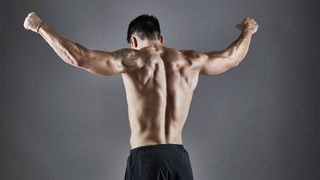
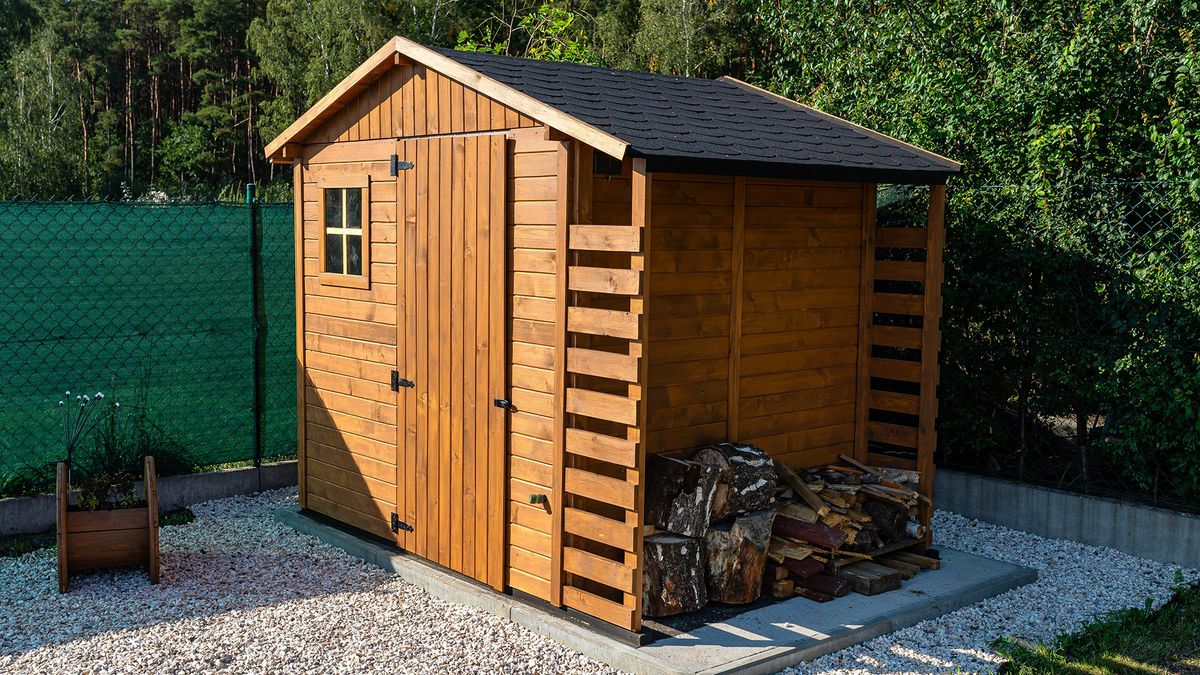
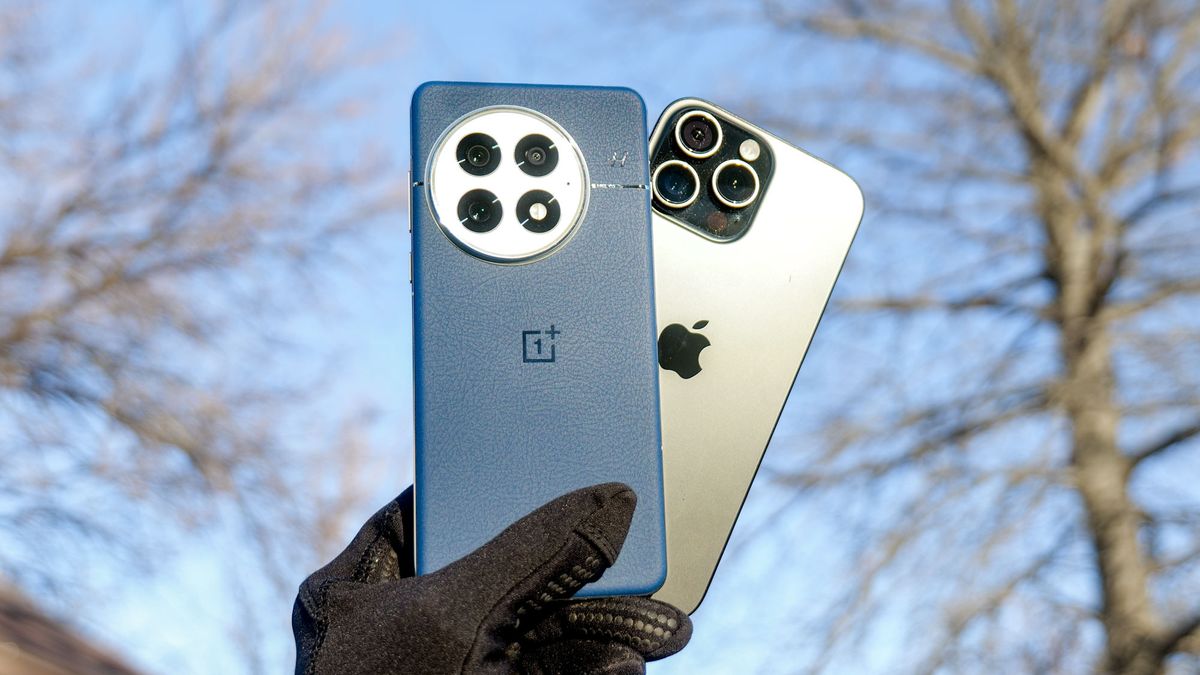
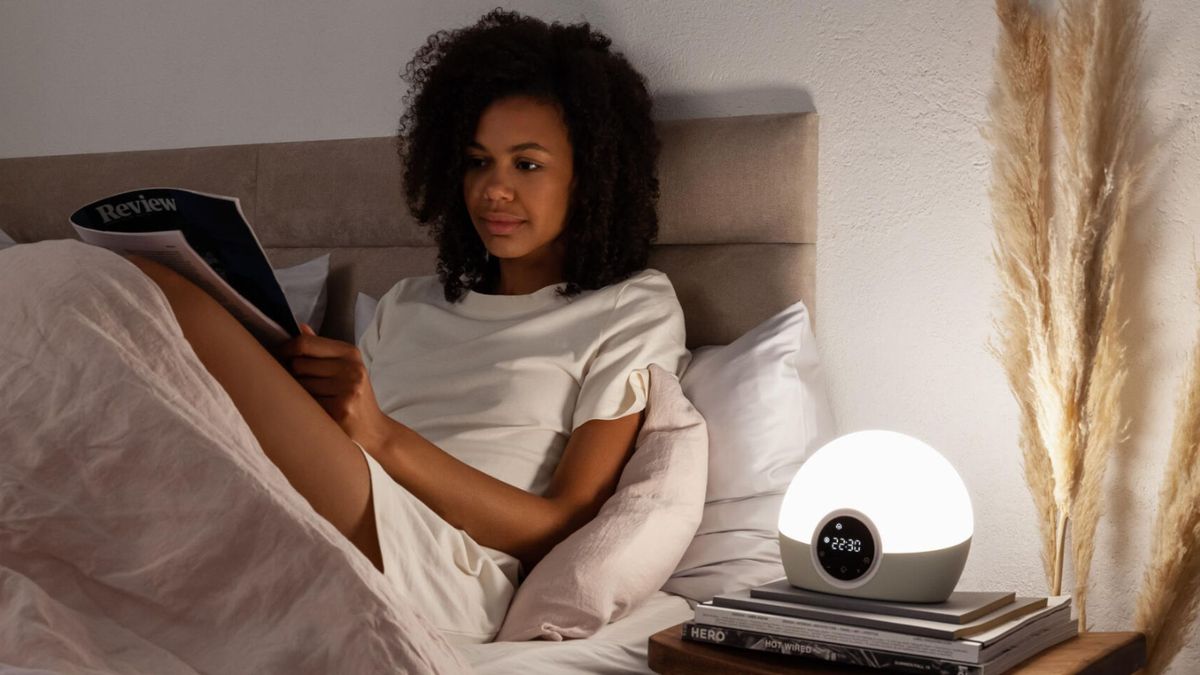
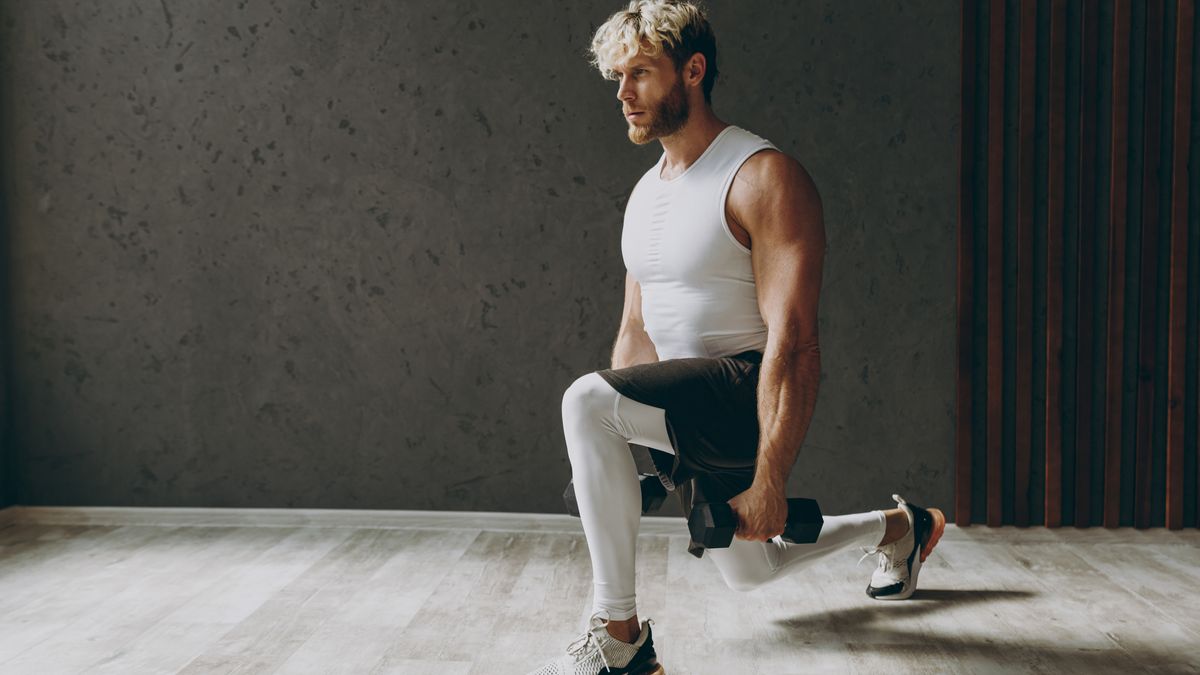
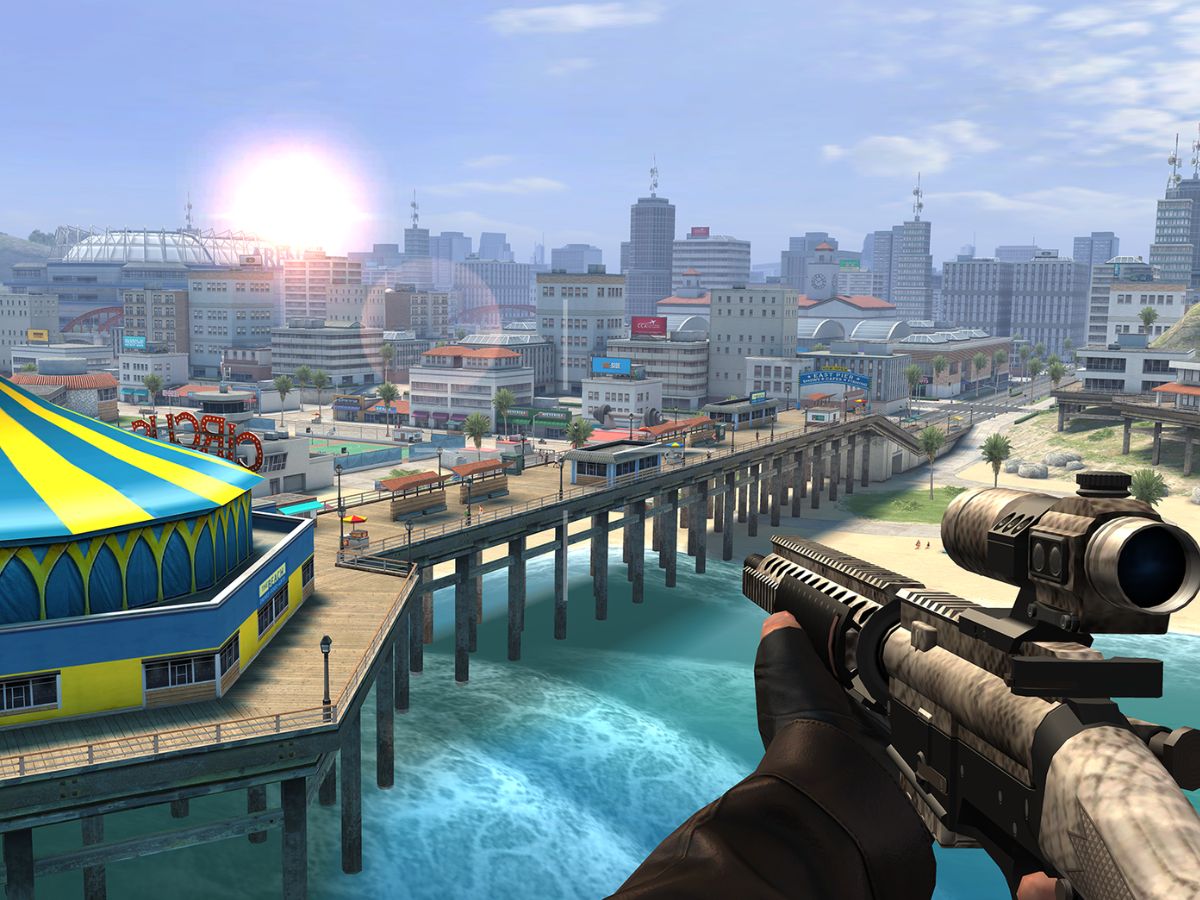
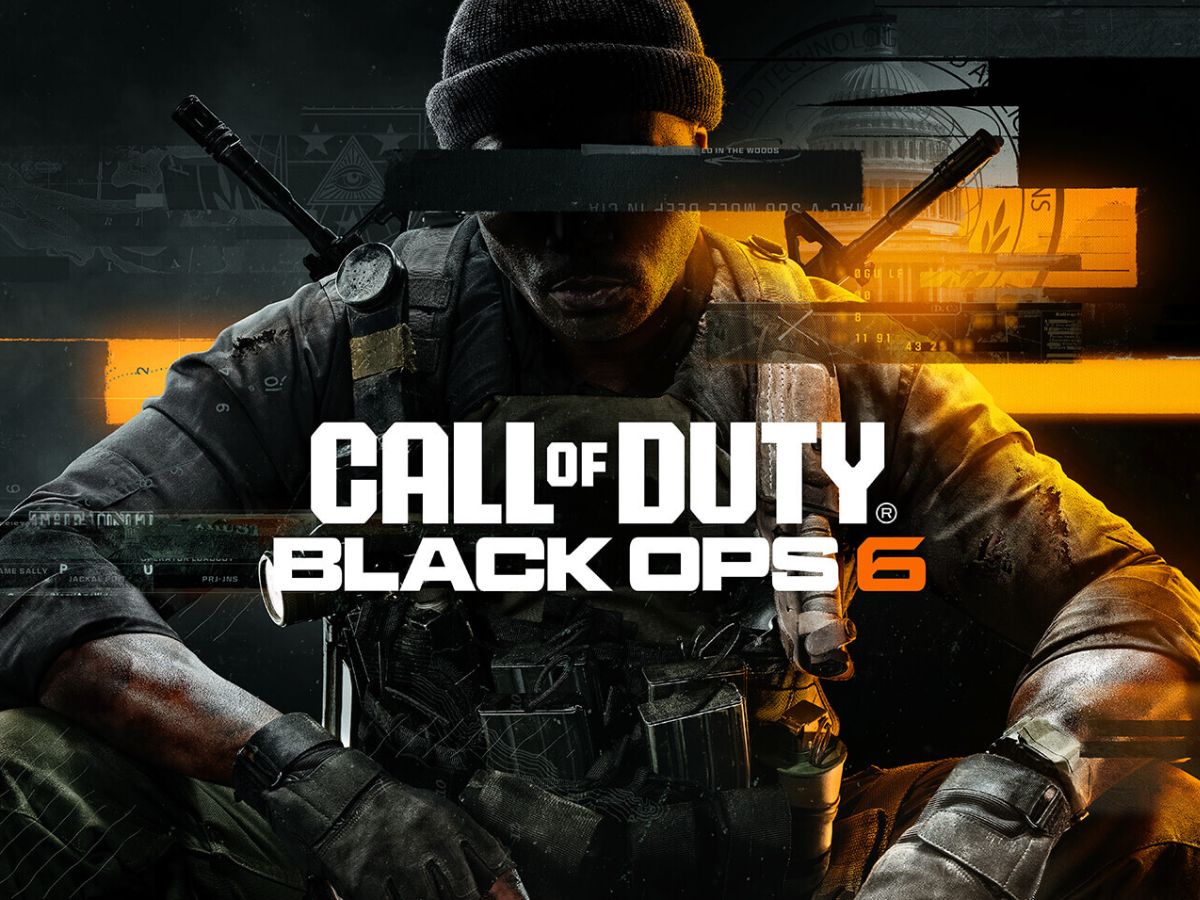
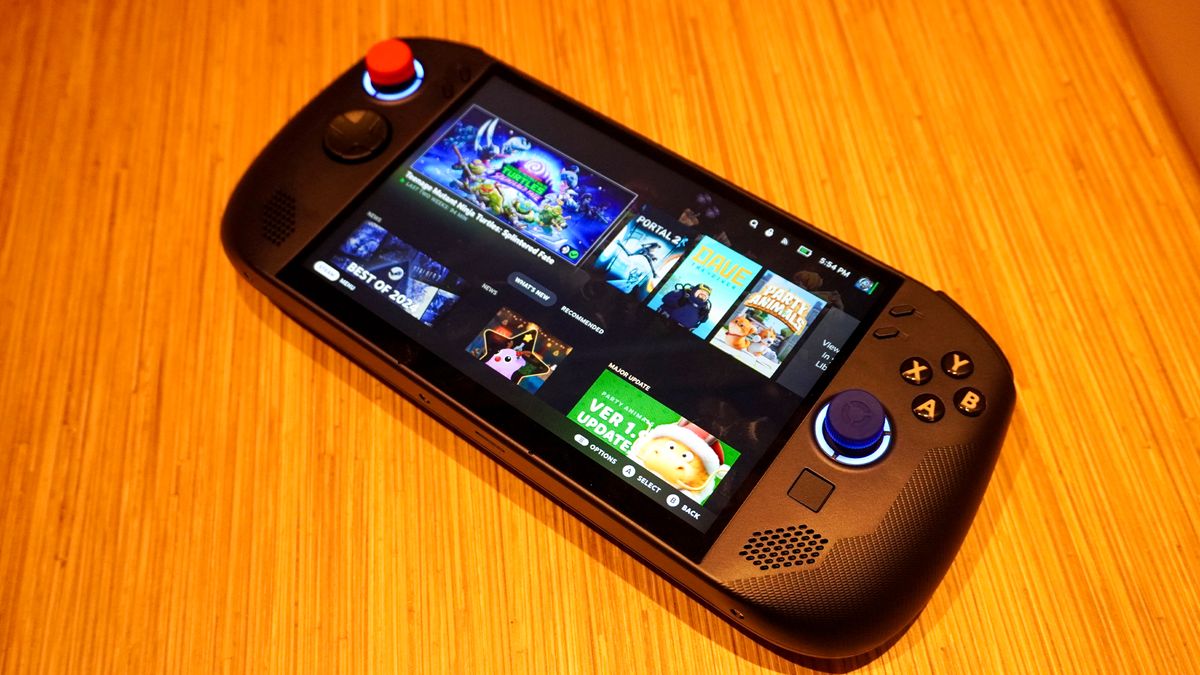

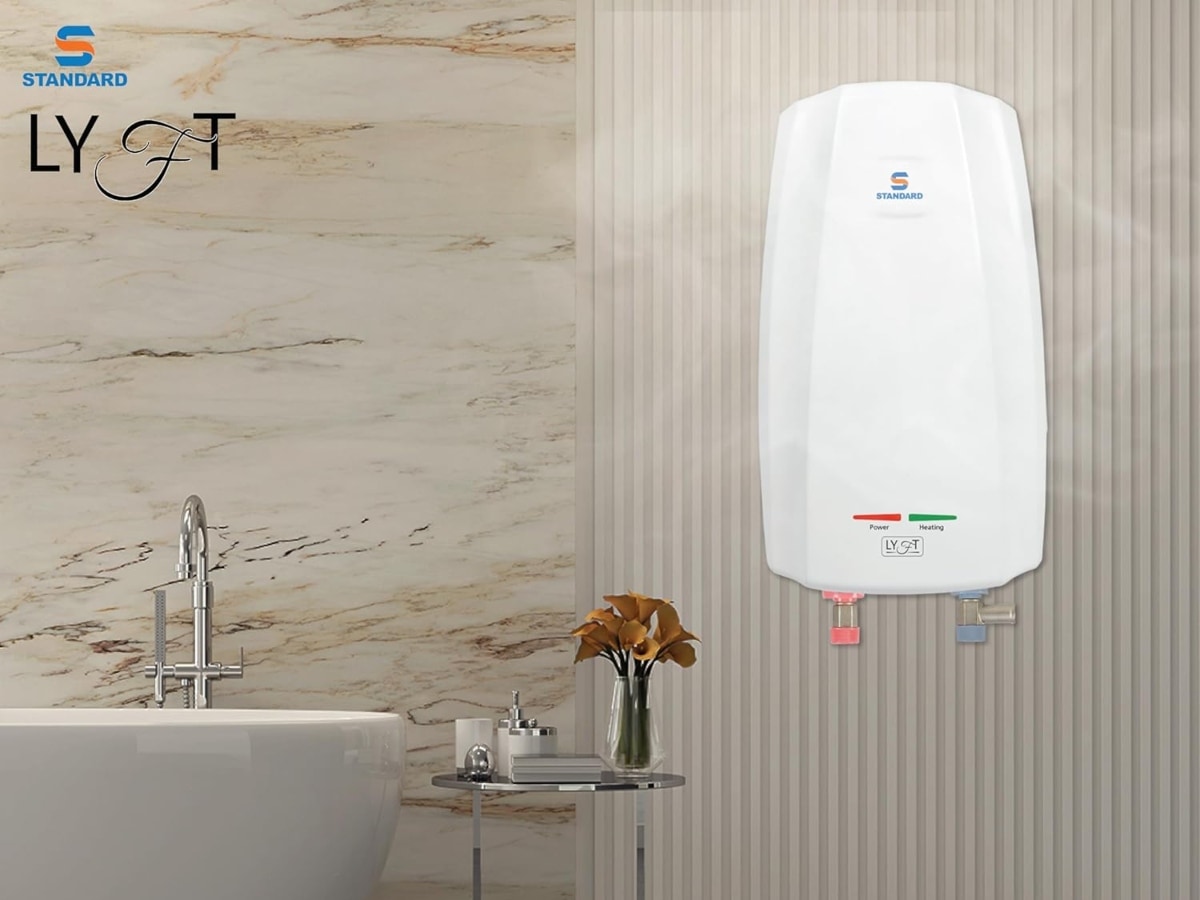


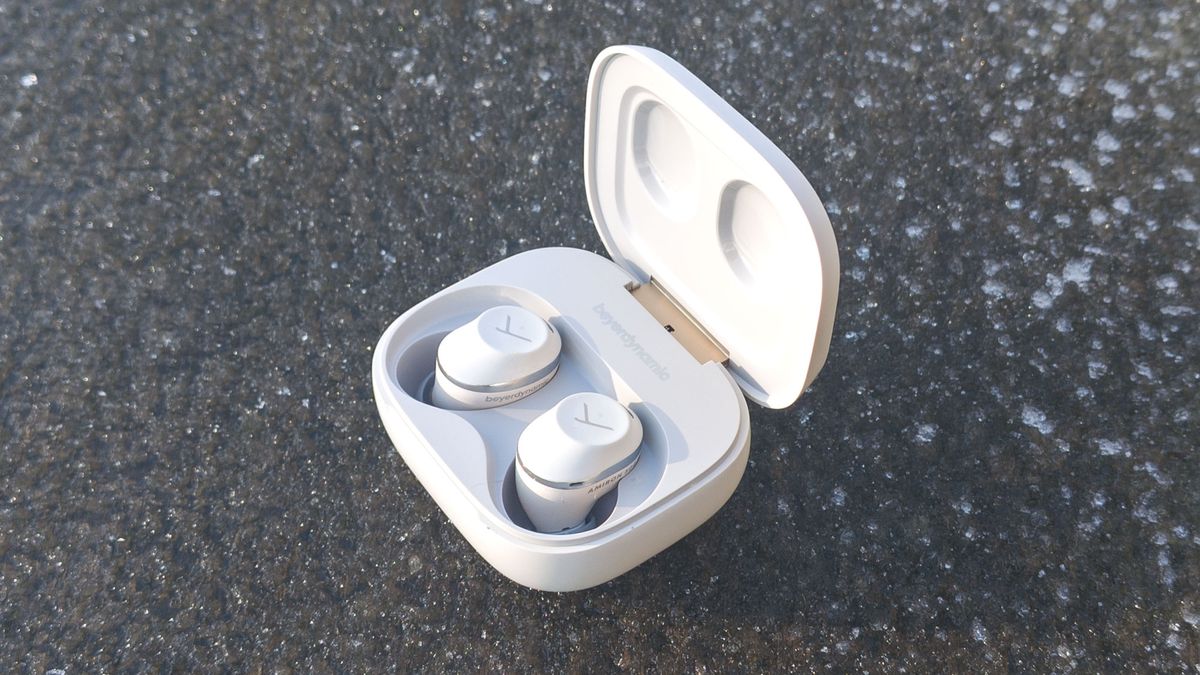








 English (US) ·
English (US) ·